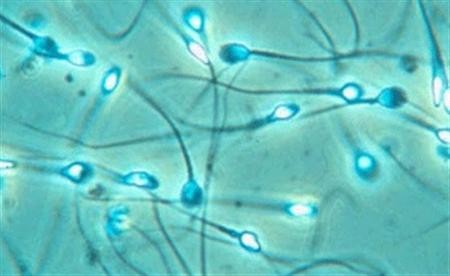Researchers have been hunting for a male birth control pill for several years, but a new study reveals that a contraceptive for men could be possible by blocking one protein in sperm cells. In a lab experiment mice were genetically engineered to lack a gene that produces a particular protein in sperm, which caused them to become infertile until the treatment ended.
The study was published in the October 1 issue of the journal Science Express. It was conducted by researchers from Osaka University in Japan.
The protein blocked is named calcineurin. It is found in various cells of the body including in the testes.
The researchers then conducted a second experiment. They treated the mice with two calcineurin-blocking drugs, called FK506 and cyclosporine, which are already used for organ transplant patients, according to Live Science.
The rodents became infertile after five days of treatment. However, within a week after the therapy was stopped, they became fertile again.
Researchers concluded that sperm calcineurin could be used as a method for quick-acting and reversible human male contraceptives. Human sperm also contains the protein.
They then discovered that the mice's sperm cells were not good swimmers and could not fertilize eggs. They could not penetrate an egg's membrane.
It is unclear if the study's results would be the same in humans. Cyclosporine A might or might not affect sperm movement.
Patricia Morris is a director at the research organization Population Council. She said that calcineurin is possibly a good male contraceptive since it is not a hormone. They can cause different side effects such as lower sex drive.
Various other types of male contraceptives are already being developed. They include polymers such as Vasalgel that are injected to prevent sperm from exiting the body, according to The Daily Beast.



























